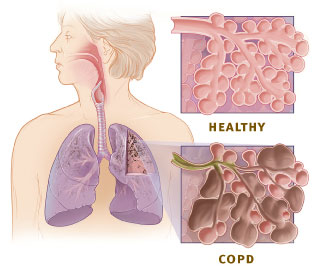Acid peptic disease includes erosions and ulcerations in the esophagus, stomach and duodenum. Commonly this occurs due to analgesic abuse. The drugs belong to non-steroidal anti-inflammatory and analgesics (NSAID). These put defense of the mucosa, the inner layer of gastrointestinal tract in jeopardy. Ulcerations may follow erosions and sometimes may cause injury to the blood vessels. Once injured there occurs bleeding from it and is expelled out through mouth to be termed as haematemesis. Blood may pass down, get altered and subsequently evacuated in stool to be called as malena. This may be self-limiting, minimal to massive bleeding. Sometimes, it requires emergency surgery, but after the advent of acid inhibitor drugs, surgery for the bleeding episode has come down drastically. Another important cause of acid peptic disease is intake of excessive chilies and spices in the food. Those injure the mucosa by stimulating excessive acid output from the stomach. The cause of haematemesis can be diagnosed by an upper gastrointestinal endoscopically. Usually conservative treatment with proton pump inhibitor stops the bleeding. At times it is required to seal the bleeding blood vessel endoscopically by some chemical agent commonly with noradrenaline. Patients not responding to these measures may require surgery.
Cancer of stomach may give rise to bleeding from the ulcerated surface or as such due to the friability of the tumor mass. It can be diagnosed through endoscopy. Here a much planned approach is made, and conservative treatment started expecting cessation of bleeding.
Bleeding from esophageal varices occur due to its rapture. Here the bleeding is usually massive. Esophageal varices are dilated tortuous veins filled with blood. These are commonly seen as a result of portal hypertension arising out of cirrhosis of liver, where there is much fibrosis in the liver. Cirrhosis of liver is a common outcome of alcoholic and viral hepatitis. It may also be congenital in origin. The varicosity of the veins near the esophagus and stomach junction is due to opening up of alternative channel for blood flow from the lower region of body bypassing the liver. The varices can be ligated endoscopically, so that they do not rapture. Ruptured blood vessels can be compressed by equipments passed through mouth to stomach. Definitive treatment is treating the primary condition; the cirrhosis of liver. Portal hypertension may be treated surgically and various procedures have been described for it.
...
Click here to Subscribe news feed from "Clinicianonnet; so that you do not miss out anything that can be valuable to you !!
...






